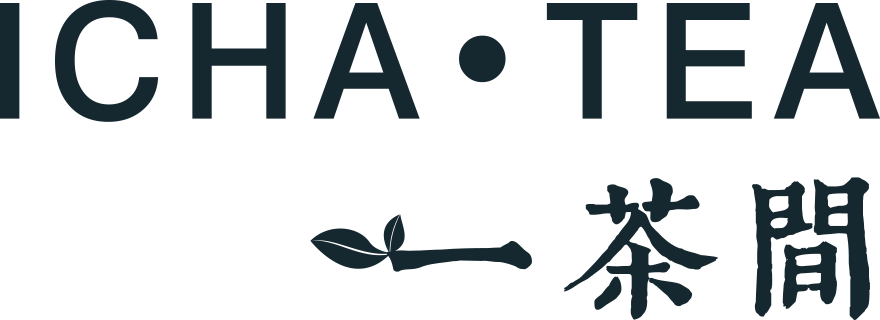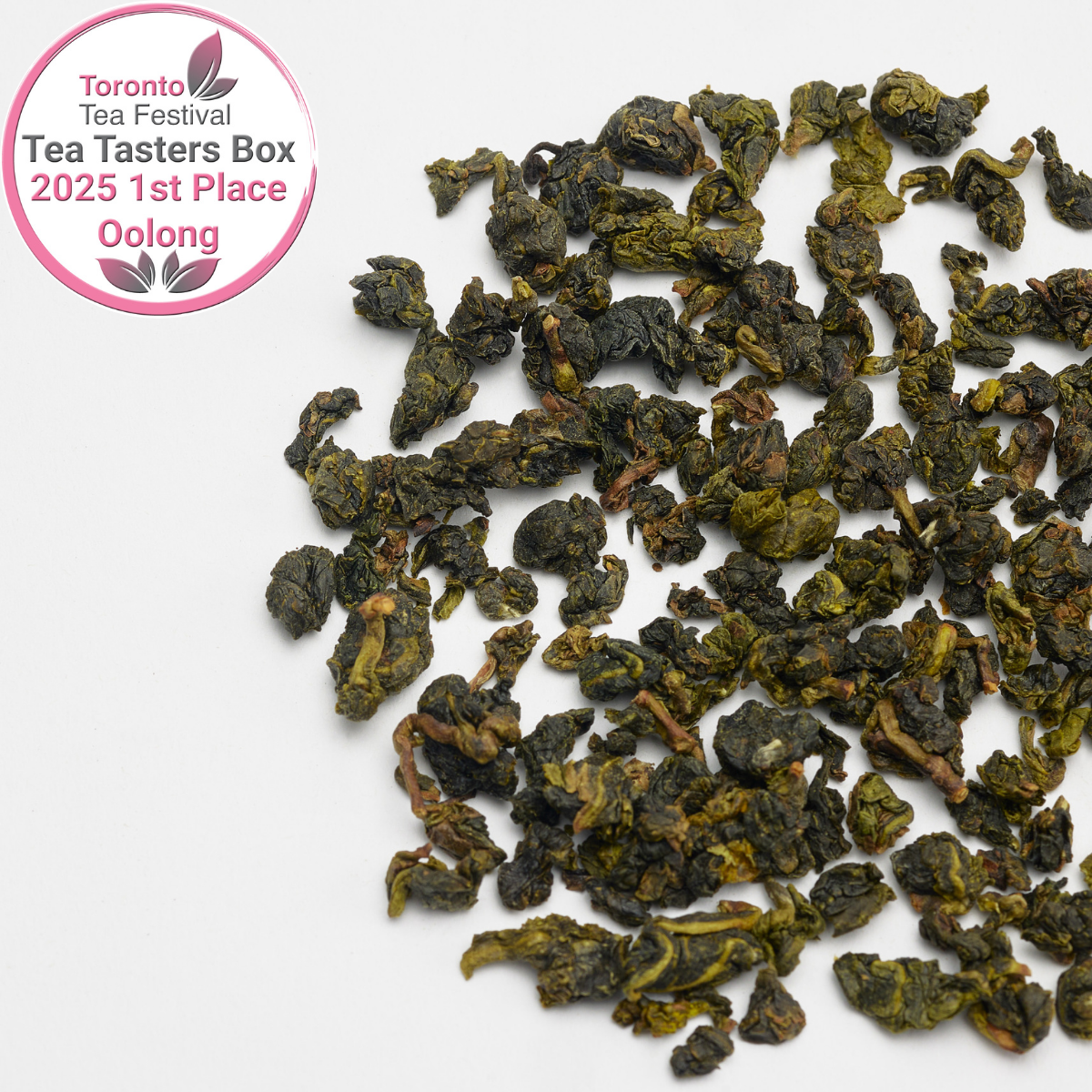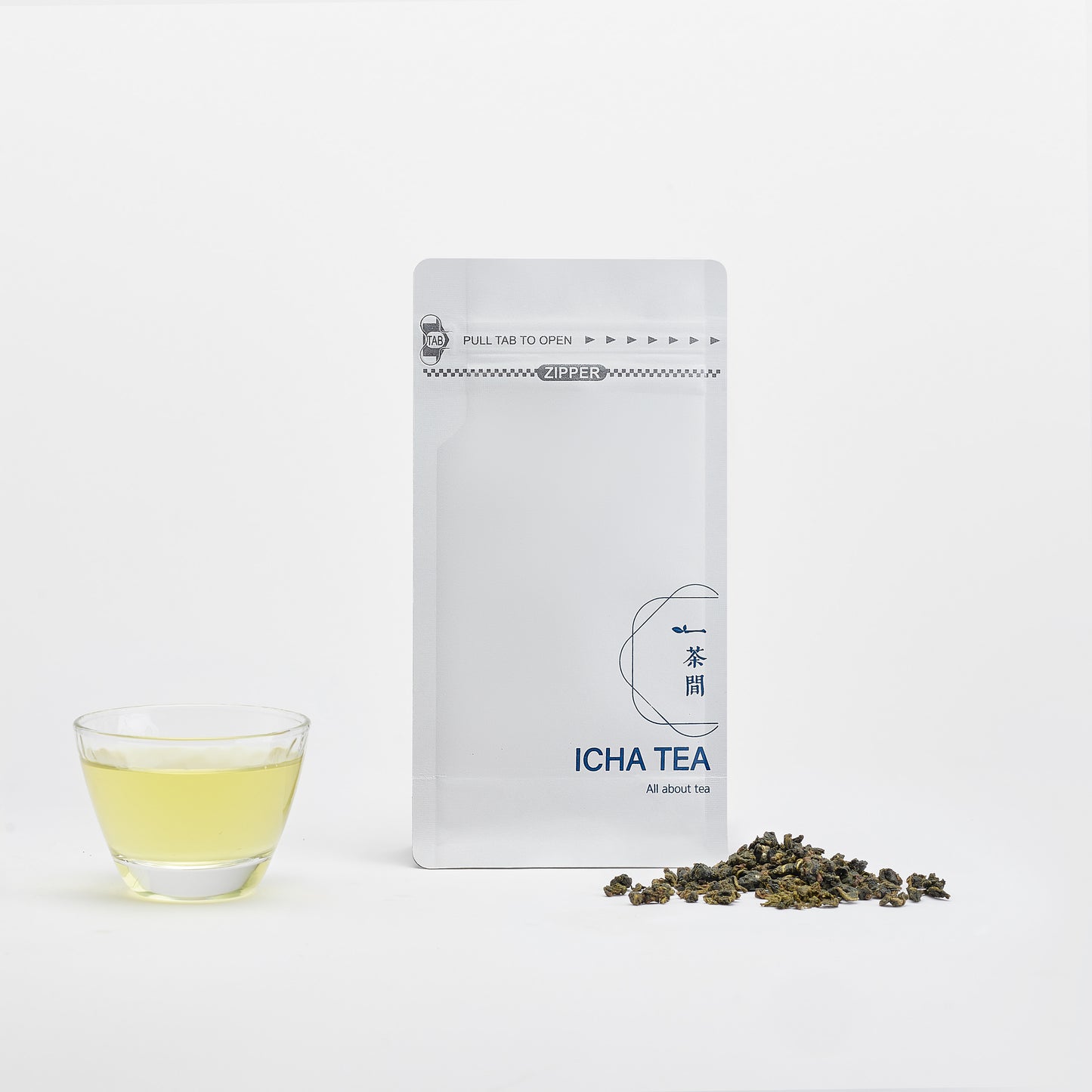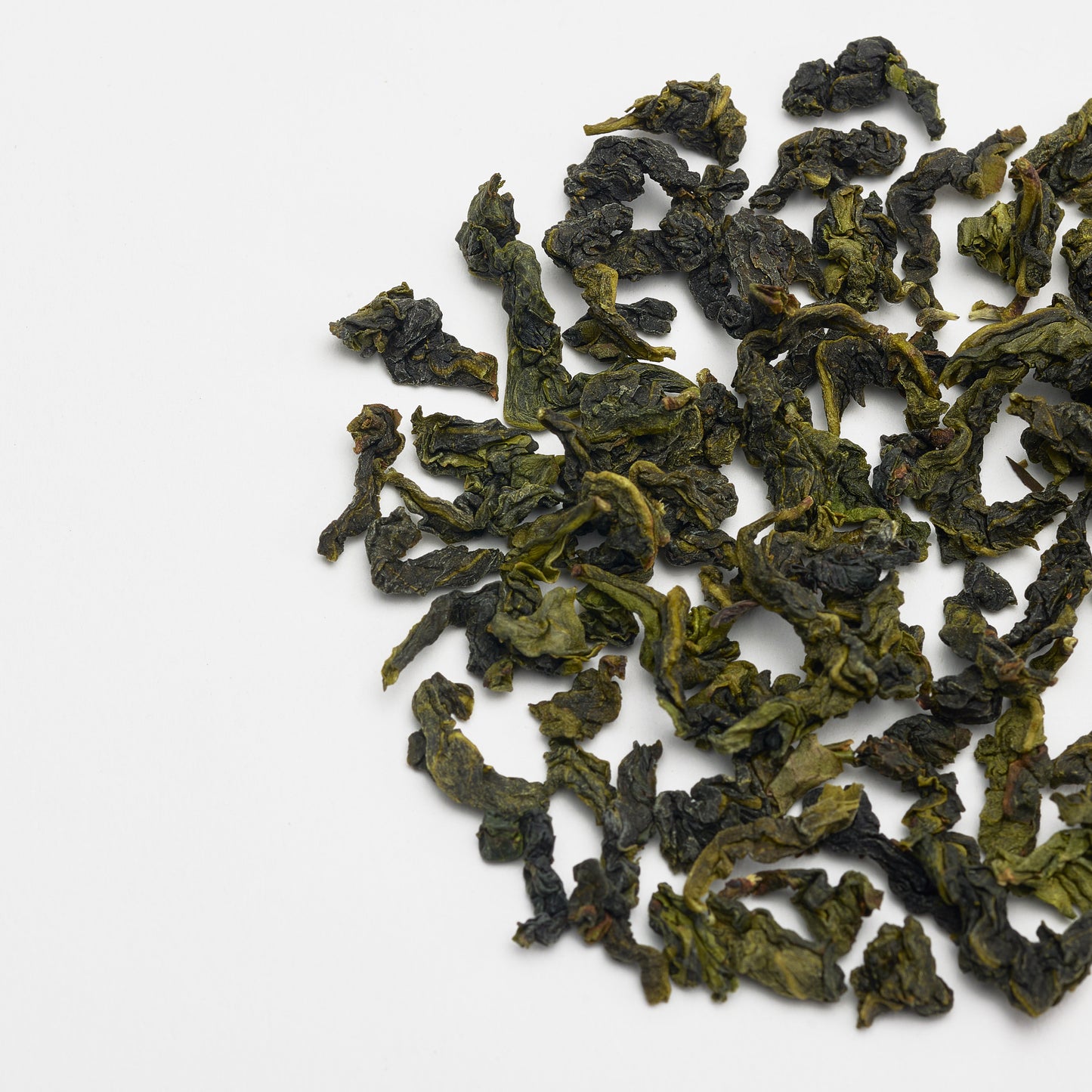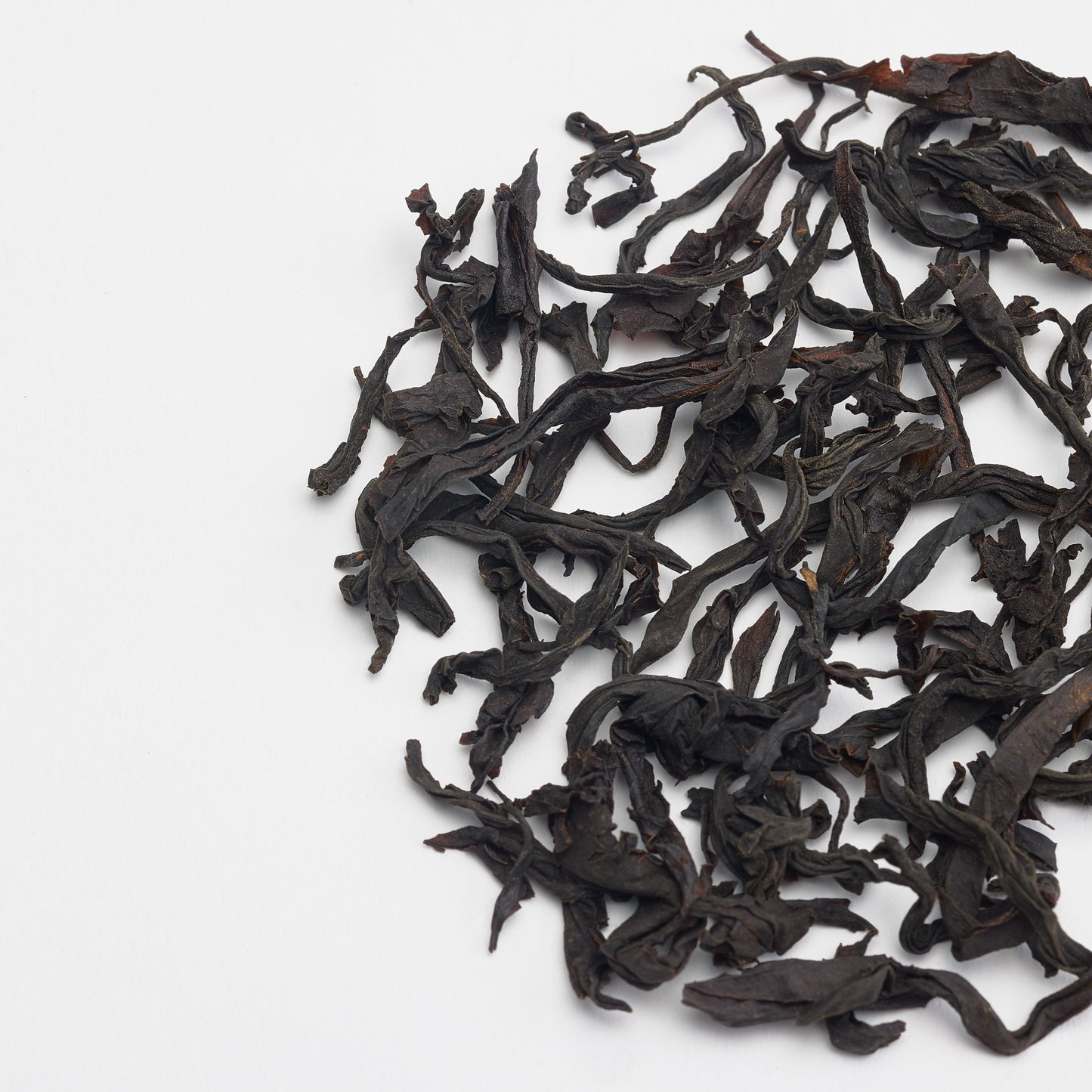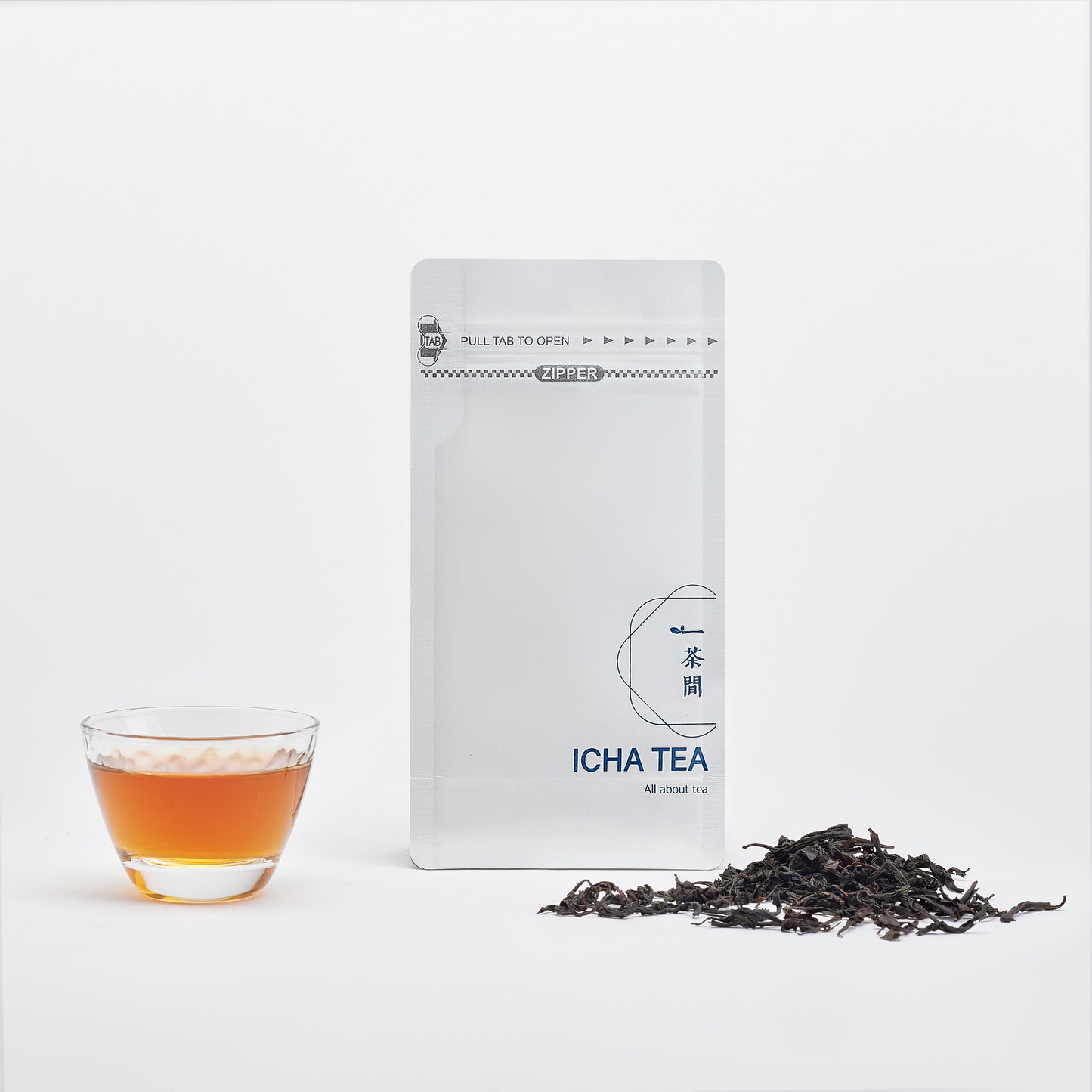
Modern students face unprecedented challenges in maintaining focus. Between social media notifications, academic pressure, and information overload, achieving deep concentration feels increasingly difficult. Yet centuries ago, Buddhist monks discovered a natural solution that supported hours of meditation and study: matcha green tea.
This vibrant green powder offers more than just a caffeine boost. Research reveals that matcha's unique combination of compounds can enhance cognitive function, improve memory retention, and provide sustained mental energy without the crashes associated with coffee or energy drinks. Understanding how to harness these benefits could transform your study sessions and academic performance.
The Science Behind Matcha and Brain Function
Matcha's cognitive benefits stem from its distinctive compound profile, particularly the synergistic relationship between L-theanine and caffeine. L-theanine, an amino acid found almost exclusively in tea plants, promotes alpha brain wave activity associated with relaxed alertness¹. This neurochemical state allows for sustained concentration without the anxiety or restlessness often experienced with other stimulants.
The caffeine-L-theanine combination creates what researchers call "calm focus"—a mental state ideal for academic work. Studies show that this pairing enhances attention performance and reduces mind-wandering more effectively than caffeine alone². Unlike the sharp energy spike and subsequent crash from coffee, matcha provides steady cognitive enhancement that can last four to six hours.
Matcha's antioxidant content, particularly EGCG (epigallocatechin gallate), offers additional neuroprotective benefits. Research suggests these compounds may support long-term brain health whilst reducing the oxidative stress that can impair cognitive function during intense study periods³.
How Matcha Improves Study Performance
Regular matcha consumption can enhance several aspects of academic performance. The L-theanine content specifically improves sustained attention during lengthy study sessions whilst reducing the mental fatigue that typically accumulates throughout the day. Students often report improved ability to switch between tasks and maintain focus during challenging material.
Memory formation and retention also benefit from matcha's unique properties. L-theanine appears to support working memory—the cognitive system responsible for temporarily holding and manipulating information during learning⁴. Additionally, matcha's stress-reducing effects help optimise the conditions necessary for memory consolidation, the process by which short-term memories become long-term knowledge.
The stress management aspect proves particularly valuable during exam periods. Chronic stress elevates cortisol levels, which can impair memory formation and recall. Matcha's ability to promote calm alertness helps maintain optimal stress levels for academic performance while providing the mental energy needed for intensive study sessions.
Perhaps most importantly for students, matcha provides sustained energy without the dramatic crashes associated with other stimulants. This steady energy release supports consistent daily performance rather than the peaks and valleys that can disrupt study schedules and sleep patterns.

Optimal Timing for Academic Success
Strategic timing maximises matcha's cognitive benefits for different study scenarios. Morning consumption, ideally 30-60 minutes before beginning study sessions, aligns with natural cortisol rhythms to enhance focus and memory encoding. The standard serving of one teaspoon (approximately 2 grams) provides optimal cognitive enhancement without overstimulation.
Afternoon matcha consumption requires more careful consideration. Consuming matcha between 1-2 PM can combat the natural post-lunch energy dip without interfering with evening sleep. However, avoid matcha after 3 PM to preserve sleep quality, which remains crucial for memory consolidation and next-day cognitive performance.
For exam preparation, timing becomes critical. Consuming matcha 45-60 minutes before an exam allows the cognitive benefits to peak during test time, helping maintain calm alertness under pressure. The key lies in practising this timing during study sessions to understand your individual response pattern.
Students planning extended study sessions should resist the temptation to consume multiple servings throughout the day. Instead, one morning serving provides sustained benefits, with proper breaks, hydration, and nutrition supporting continued focus more effectively than additional stimulants.
Study Performance Comparison Table:
| Study Session Type | Best Matcha Timing | Recommended Amount | Expected Benefits |
|---|---|---|---|
| Morning Study | 30 mins before starting | 1 tsp (2g) | Peak focus, enhanced memory encoding |
| Afternoon Review | 1-2 PM (avoid late afternoon) | 1/2 tsp (1g) | Sustained attention, reduced fatigue |
| Evening Reading | Avoid after 3 PM | None | Better sleep quality for memory consolidation |
| Exam Preparation | 45-60 mins before exam | 1 tsp (2g) | Calm alertness, reduced anxiety |
| All-nighter Study | Early evening only | 1/2 tsp (1g) | Avoid sleep disruption |
Quality Matters for Cognitive Benefits
Not all matcha provides equal cognitive enhancement. Ceremonial grade matcha contains significantly higher levels of L-theanine compared to culinary grades, directly impacting its focus-promoting properties. The shade-growing process that produces premium matcha increases amino acid content whilst preserving the delicate compounds responsible for cognitive benefits.
ICHA TEA's commitment to traditional Japanese cultivation methods ensures optimal levels of beneficial compounds. The careful processing and stone-grinding techniques preserve the molecular integrity necessary for cognitive enhancement, making quality investment worthwhile for students serious about academic performance.
Proper preparation also influences effectiveness. Using water heated to 70-80°C preserves delicate compounds whilst ensuring full extraction of beneficial elements. Consistent daily preparation helps establish the routine that maximises long-term cognitive benefits.
Storage considerations become particularly important for students who may keep matcha for extended periods. Exposure to light, heat, and air rapidly degrades the compounds responsible for cognitive enhancement. Keeping matcha in airtight containers away from light preserves potency and ensures consistent benefits throughout the academic term.
Realistic Expectations and Practical Application
Students should approach matcha with realistic expectations about its cognitive benefits. While research supports its effectiveness for focus and memory enhancement, individual responses vary significantly based on caffeine sensitivity, baseline stress levels, and overall health habits. Most students notice improved concentration within 30-60 minutes of consumption, with effects gradually declining over 4-6 hours.
Matcha works best as part of comprehensive study strategies rather than as a standalone solution. Proper sleep, regular exercise, balanced nutrition, and effective study techniques remain fundamental to academic success. Matcha can enhance these foundations but cannot compensate for poor lifestyle habits.

Budget-conscious students should consider matcha's cost-effectiveness compared to daily coffee purchases or energy drinks. A single tin of quality matcha provides numerous servings , usually 20-25 servings for $25 - $40 depending on the quality and delivers superior cognitive benefits without the sugar crashes associated with many commercial study aids.
For campus life integration, matcha offers practical advantages over coffee. Quick preparation requires minimal equipment, making it suitable for dorm rooms or study spaces. The sustained energy release also proves more compatible with irregular student schedules than beverages requiring frequent consumption.
Building Sustainable Study Habits
Incorporating matcha into study routines works best when approached gradually. Starting with smaller amounts allows students to assess individual tolerance whilst avoiding potential side effects like jitters or sleep disruption. Building consistency through daily morning consumption creates predictable cognitive enhancement that supports academic planning.
Students should monitor their response patterns to optimise timing and dosage for individual needs. Some may find half-servings sufficient for the desired effects, while others benefit from full servings. The goal involves finding the minimum effective dose that provides cognitive benefits without negative side effects.
Long-term academic success requires balancing stimulant use with natural energy management. Matcha can support intensive study periods whilst maintaining overall wellness, but students should avoid developing dependence on any external cognitive enhancer. Regular breaks, physical activity, and stress management techniques remain equally important for sustained academic performance.
Final Thoughts
Scientific evidence supports matcha's potential for enhancing student cognitive performance through improved focus, memory retention, and stress management. The unique combination of L-theanine and caffeine provides sustained mental energy whilst promoting the calm alertness ideal for academic work.
Success with matcha requires attention to quality, timing, and individual response patterns. ICHA TEA's matcha offers the compound profile necessary for cognitive enhancement, supporting students who prioritise both academic excellence and long-term wellness. As with any study aid, matcha works best when integrated thoughtfully into comprehensive academic and lifestyle strategies that support sustained learning and personal growth.
Ready to give matcha a try? Check out our selection here.
Some Other Articles You Might Enjoy:
- Top 10 Question and Answers About the Benefits of Matcha
- Matcha Moments - 3 Ways to Satisfy Your Sweet Cravings
- 3 Refreshing Matcha Beverages for Warm Weather
- How To Craft Matcha Lattes At Home
- Does Matcha Help With Weight Loss?
-
What's Going On With This Matcha Shortage?!
- Check out Matcha Tensei
Important Note: The information in this article is for educational and informational purposes only and has not been evaluated by Health Canada or the Food and Drug Administration. This content is not intended as medical advice, diagnosis, or treatment. Individual results may vary, and we recommend consulting with a healthcare professional before making significant changes to your caffeine intake or study routine.
References
- Nobre, A.C., Rao, A., & Owen, G.N. (2008). L-theanine, a natural constituent in tea, and its effect on mental state. Asia Pacific Journal of Clinical Nutrition, 17(S1), 167-168. https://pubmed.ncbi.nlm.nih.gov/18296328/
- Giles, G.E., et al. (2012). Differential cognitive effects of energy drink ingredients: Caffeine, taurine, and glucose. Pharmacology Biochemistry and Behavior, 102(4), 569-577. https://doi.org/10.1016/j.pbb.2012.07.004
- Camfield, D.A., et al. (2014). Acute effects of tea constituents L-theanine, caffeine, and epigallocatechin gallate on cognitive function and mood: a systematic review and meta-analysis. Nutrition Reviews, 72(8), 507-522. https://doi.org/10.1111/nure.12120
- Rogers, P.J., et al. (2008). Time for tea: mood, blood pressure and cognitive performance effects of caffeine and theanine administered alone and together. Psychopharmacology, 195(4), 569-577. https://doi.org/10.1007/s00213-007-0938-1
- Einöther, S.J., & Martens, V.E. (2013). Acute effects of tea consumption on attention and mood. American Journal of Clinical Nutrition, 98(6), 1700S-1708S. https://doi.org/10.3945/ajcn.113.058248
